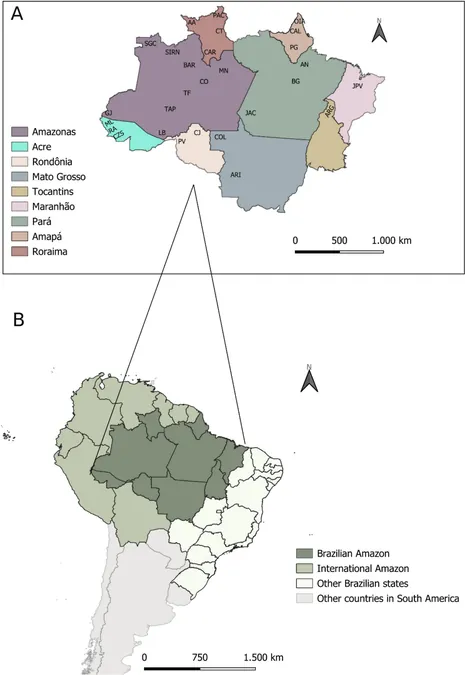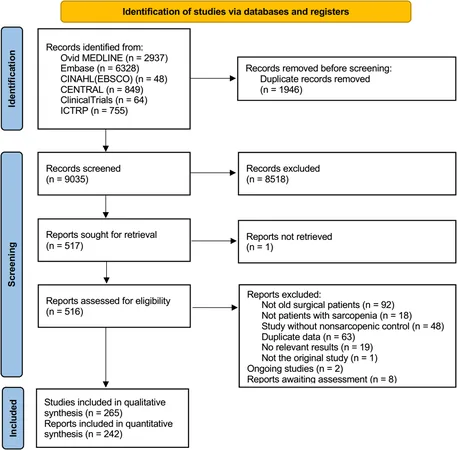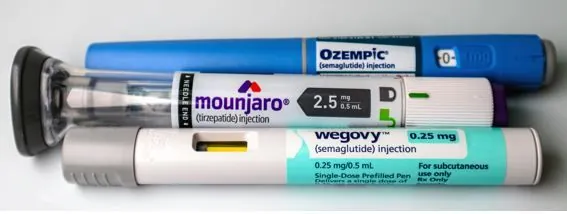
Urgent Alert: Pyrethroid Resistance Threatens Malaria Control in Brazil's Amazon
2025-05-16
Author: Daniel
A Growing Concern for Public Health
Malaria remains a severe public health challenge in northern Brazil, particularly in the Amazon region where Anopheles darlingi serves as the primary malaria vector. Current efforts against this devastating disease rely heavily on long-lasting insecticidal nets (LLINs) and indoor residual spraying (IRS) utilizing pyrethroid insecticides. Alarmingly, a lack of rigorous monitoring has clouded knowledge of pyrethroid resistance in this crucial mosquito species, amplifying the urgency for comprehensive assessments.
Assessing Insecticide Resistance
In an ambitious study conducted from 2021 to 2024, researchers initiated the first large-scale assessment of pyrethroid resistance in An. darlingi across Brazil. The primary goal was to evaluate the susceptibility of these mosquitoes to the pyrethroids employed by the National Malaria Control Programme (NMCP). Mosquitoes were meticulously collected from 28 high malaria incidence sites spanning nine states known for their heightened malaria prevalence.


 Brasil (PT)
Brasil (PT)
 Canada (EN)
Canada (EN)
 Chile (ES)
Chile (ES)
 Česko (CS)
Česko (CS)
 대한민국 (KO)
대한민국 (KO)
 España (ES)
España (ES)
 France (FR)
France (FR)
 Hong Kong (EN)
Hong Kong (EN)
 Italia (IT)
Italia (IT)
 日本 (JA)
日本 (JA)
 Magyarország (HU)
Magyarország (HU)
 Norge (NO)
Norge (NO)
 Polska (PL)
Polska (PL)
 Schweiz (DE)
Schweiz (DE)
 Singapore (EN)
Singapore (EN)
 Sverige (SV)
Sverige (SV)
 Suomi (FI)
Suomi (FI)
 Türkiye (TR)
Türkiye (TR)
 الإمارات العربية المتحدة (AR)
الإمارات العربية المتحدة (AR)